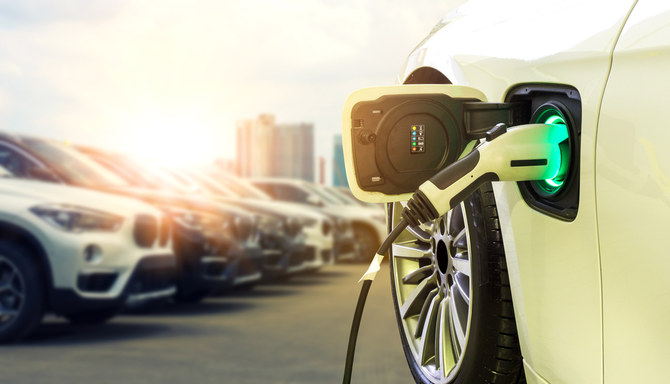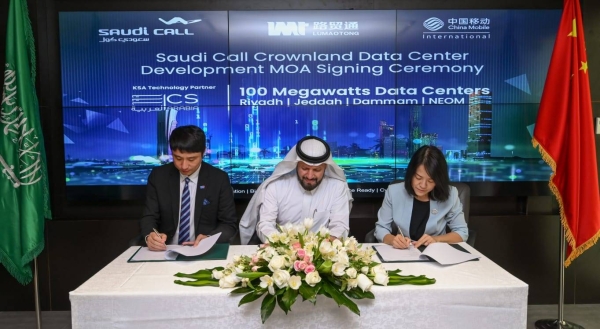
RIYADH: Saudi multi-sector firm WAJA Co., is set to establish a joint firm in Egypt to produce and manufacture electric vehicles, after signing a framework cooperation agreement.
The deal, inked with the Egypt-based military organization Arab Organization for Industrialization, meets the needs of the local market and exports abroad, according to the company’s statement to Tadawul.
In October 2023, Egypt was ranked 28th in a global e-mobility index, which reveals the country’s readiness to transition to EVs, Egypt Today newspaper reported, citing US consulting firm Arthur D. Little.
According to a report by the investment management firm Goldman Sachs, EVs could constitute nearly half, or 50 percent, of global car sales by 2035. This projection holds true despite the challenges faced by the sector, including competing market dynamics.
Additionally, analysts predict that within five years following that date, a similar proportion of car sales will consist of more advanced autonomous or partially autonomous vehicles.
Saudi Arabia has set a goal to transition 30 percent of all vehicles in Riyadh to electric by 2030. This target is part of a larger strategy to reduce emissions in the capital city by 50 percent, aligning with the country’s objective of achieving carbon neutrality by 2060.
In January of this year, research firm Mordor Intelligence predicted that the Middle East and Africa automotive EV market size will be estimated at $3.33 billion in 2024 and will reach $9.42 billion by 2029. This sector is projected to grow at a compound annual growth rate of 23.2 percent during the forecast period from 2024 to 2029.
Governments in the region are increasingly emphasizing the promotion of eco-friendly vehicles and raising awareness about energy storage solutions within the renewable sector. These efforts are anticipated to stimulate growth in the market for EVs and related technologies in the foreseeable future.
Faisal Sultan, vice president and managing director of Lucid Middle East, told Arab News in an earlier inteview that while the industry is still in its early stages of development, significant expansion is anticipated in the future, driven by a growing appetite among customers in the region for the best eco-conscious automobiles.
“We are already on a path for electric vehicles to become a part of our daily lives, and Lucid is eliminating the most common barriers of ownership, including price, performance, and driving range,” Sultan said.
EVs are appealing for their futuristic design, but one concern that potential buyers may consider is the need for more infrastructure to support these vehicles.
In 2024, research firm Canalys predicts that the global EV market will grow by 27.1 percent, reaching 17.5 million units.
As forecasts indicate exponential growth of the EV market, eco-conscious modes of transportation are no longer merely ambitions. The sector is rapidly evolving into a cornerstone of our lives, driving the nation toward a tomorrow that prioritizes sustainability and environmental responsibility.












